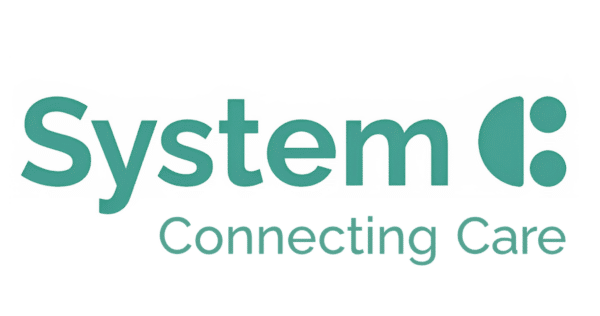 System C, a leading healthcare technology provider, faced significant challenges in scaling their product management practices across multiple acquired businesses. With product teams operating in silos and commercial responsibilities scattered across departments, Chief Product Officer Julie O’Connor recognized the need for a unified, structured approach to product management.
System C, a leading healthcare technology provider, faced significant challenges in scaling their product management practices across multiple acquired businesses. With product teams operating in silos and commercial responsibilities scattered across departments, Chief Product Officer Julie O’Connor recognized the need for a unified, structured approach to product management.
The challenge
Before partnering with Product Focus, System C struggled with:
- Product managers at System C were primarily subject matter experts, such as clinicians or technical specialists, rather than trained product professionals. While this led to technically sound solutions, it also meant that the product teams were inwardly focused and reactive, rather than proactively aligned with broader market and commercial objectives.
- Disconnected commercial decisions with pricing, segmentation, and competitive analysis handled by various departments, creating strategic inconsistency and missed opportunities.
- Knowledge silos creating dependencies on individual team members, making it difficult to scale operations effectively.
- Inconsistent practices across the organization, leading to reduced effectiveness and efficiency.
“Many of our product managers were subject matter experts first, often clinicians or technical specialists, rather than trained product professionals,” Julie explained.
The solution
Julie implemented a company-wide training program through Product Focus, making it mandatory for all product managers, product owners, and marketers. The comprehensive curriculum covered market analysis, proposition development, business cases, pricing strategies, product development, roadmaps, and product strategy.
“We needed a comprehensive, industry-standard course that provided tangible takeaways,” Julie noted. “I wanted everyone speaking the same language, using the same frameworks, and aligning to industry best practices.”
The impact
The training was the catalyst for immediate changes throughout the organization:
- Empowered product managers began taking ownership of commercial aspects of their products, unlocking hidden revenue streams and market potential.
- Standardized business cases emerged, with product decisions driven by structured data, eliminating costly gut-feel investments and prioritization debates.
- Improved customer engagement with structured feedback loops and focus groups integrated into the product development process, transforming assumptions into validated market insights.
- Consistent, scalable practices replaced the previous fragmented approach, enabling rapid scaling while maintaining quality across the portfolio.
- Shifted perception of product management from technical experts to commercial drivers, elevating their strategic influence across the organization.
Julie recalled a telling moment: “One of our product managers asked me, ‘Julie, am I allowed to ask sales for the pipeline data for my product?’ That was a lightbulb moment—our product managers hadn’t felt empowered to take ownership of their products.”
Looking forward
While System C has made substantial progress, Julie acknowledges they’re still early in their transformation: “We’ve gone from a 1.5 to a 2 in product maturity. Now, we need to push towards a 3 and beyond.”
Their focus now shifts to developing long-term product strategy. “We’ve nailed tactical execution, but now we need to step back and define our North Star metrics—what does success look like in ten years?”
Key takeaways
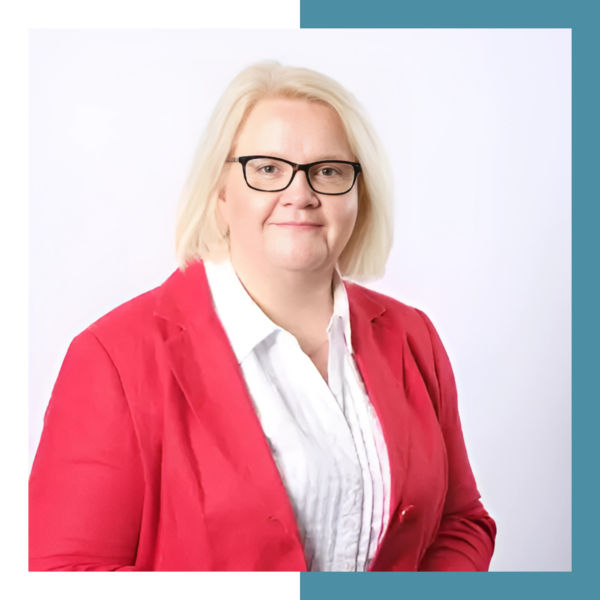
Julie O’Connor, Chief Product Officer, System C
For organizations considering similar initiatives, Julie recommends:
Through this focused investment in product management capabilities, System C has built a foundation for sustained innovation
and commercial growth in healthcare technology. As Julie puts it:




